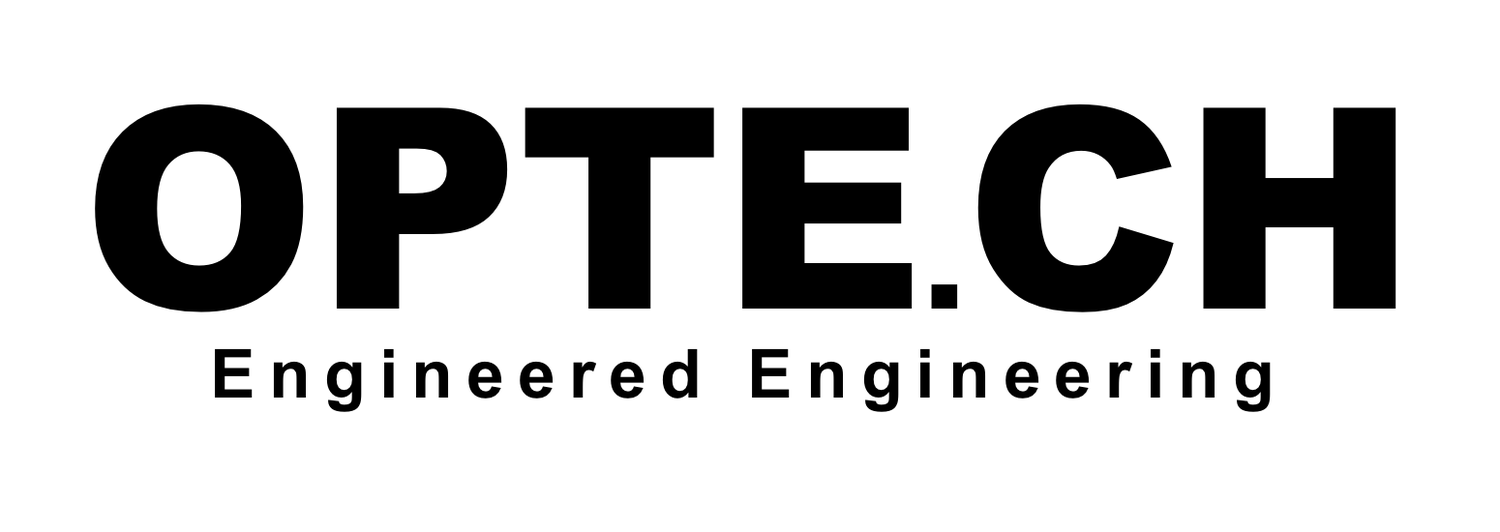It is a somewhat cynical view. One could argue Google is attempting to make it as easy as possible for people to connect. To be clear: I disagree with this being opt-out instead of opt-in, I think Google is doing everything they possible can to make Google+ relevant, and I think they will cave to pressure on this and make it opt-in.
Marco has a strong closing statement:
You, the users, are just along for the ride. You’re just eyeballs. Body parts and ad-targeting data. Google doesn’t care about you at all. You’ve tolerated enough already that it’s pretty clear you’re not really going anywhere.
It is an interesting notion. It does ignore the fact that you being nothing more than "eyeballs" and providing you with great services are actually (or can be) quite complementary insofar as the end result of the product they make. Their intentions aren't important to most people.
This reminds me of the quote:
If you are not paying for it, you're not the customer; you're the product being sold.
There is an interesting counter-stance to this that I have discussed quite a bit with my friend Erik Sunde (@eriksunde). If Google uses the information they have on you responsibly, the end game is that you see more relevant ads to the extent of you actually clicking on an ad being within the realm of possibility (*gasp!) - is that so bad? I know we've been trained to despise advertising online, but if it is for a product we have genuine interest in could that trend change?
There are some inherent assumptions about exactly what information Google has, how they share it with 3rd parties, and how secure some of your more private information (like location) is kept. Google, like Apple, is under such a fine microscope that they go to great lengths to make responsible decisions and to be as transparent about those decisions as they can be.
They do make mistakes, they do get fined. Bottom line - there is no substitute for protecting and educating yourself.
Full disclosure: I put forth the idea that relevant ads might not be so bad while I personally use the Disconnect.me plugin for Chrome to block ads and tracking.

![resolution_chart[1].png](https://images.squarespace-cdn.com/content/v1/527e51e1e4b0910bac783378/1389280954326-469R40DEPYYJBTQ3K6FU/resolution_chart%5B1%5D.png)
